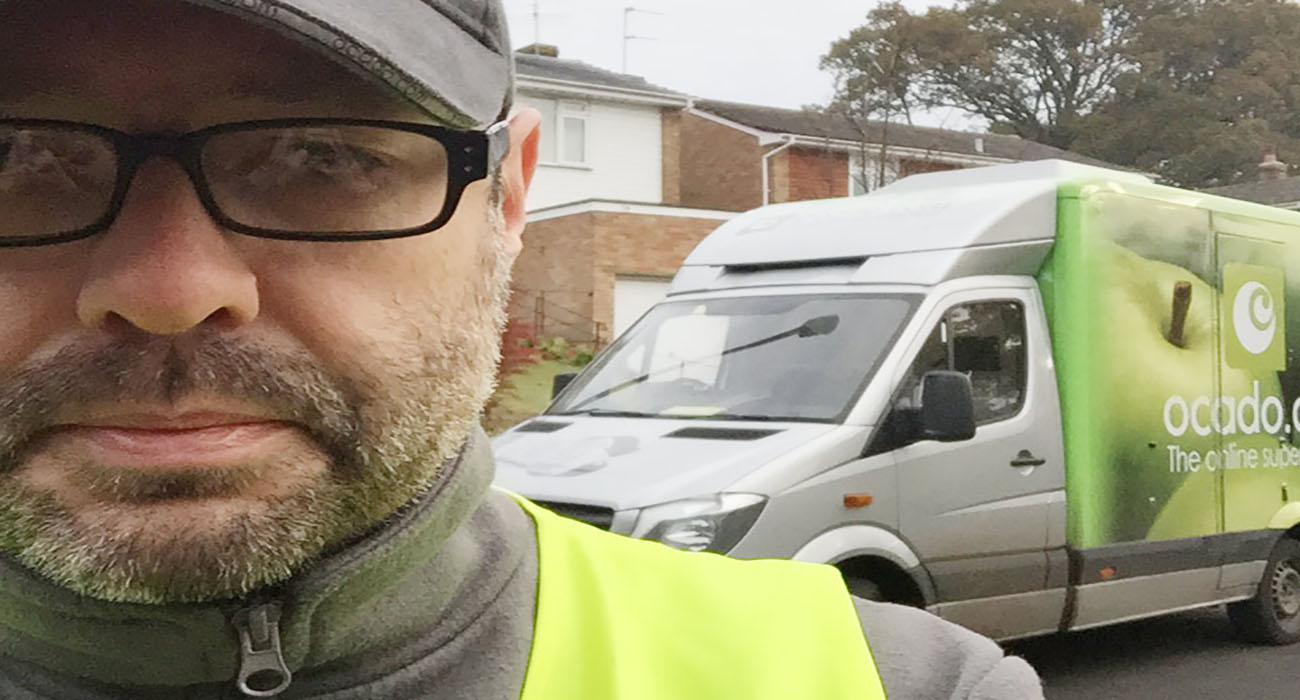
Chris Brock went from being a Magazine Editor in New York to burning out, smashing computers for a living, working as a carer with disabled people, and finally driving a van delivering groceries across the south of England.
After hitting rock bottom he had an epiphany and rebuilt his life. Now, he has a studio in Covent Garden, London, is an award winning photographer and has clients like Microsoft, Ford and Singapore Airlines.
I first found Chris online. I was doing research for an article and came across his website. So I contacted him straight away on Twitter without even thinking it through.
Because of that impulse I ended up meeting him in London where he interviewed me for his podcast. The bro-romance was on. He sent me his book “Do The Thing Have The Power”.
I read it.
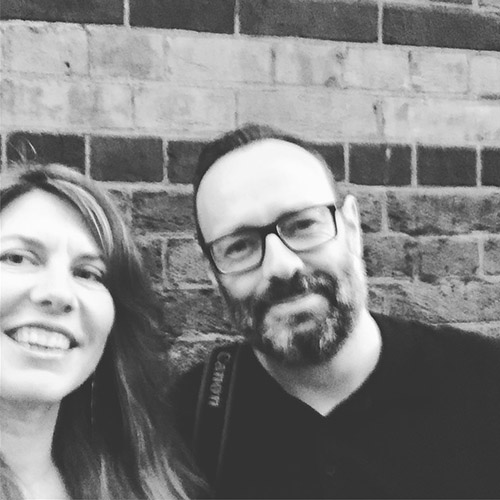
Sometimes when we want change we pick at it with our current mindset and skills. We do make change, but not enough. Then we can get discouraged or lonely in our mind trying to make it work. What is needed at this point is a mind shift. An entirely different way of viewing the situation and a new toolkit. Suddenly, we can make dramatic change in a quick and useful way. Chris’s book does just that.
Hi Chris and welcome!
You hit rock bottom when you delivered groceries for a living. Yet it also seems it was where you experienced your biggest growth and power. Can you explain?
CB: Absolutely. Well, my whole life I did all the things I thought I was supposed to do. I followed the rules, didn’t rock the boat, tried to keep everyone happy by doing what I imagined they thought I should do. But by trying to live a version of my life that I thought everyone else wanted me to live, I wasn’t living my authentic life, and it wasn’t working. I wasn’t being true to myself – in fact I’d pretty much lost any sense of my own identity – and my results reflected this.
I thought I’d tried everything. I was constantly rewriting my CV to reflect what I thought people wanted to see and constantly pitching my freelance work to potential clients, but I was getting nowhere. Nothing worked, and I found myself almost unemployable, doing jobs to make ends meet. It made me angry and bitter. I blamed everyone but myself and I sunk to an all-time low.
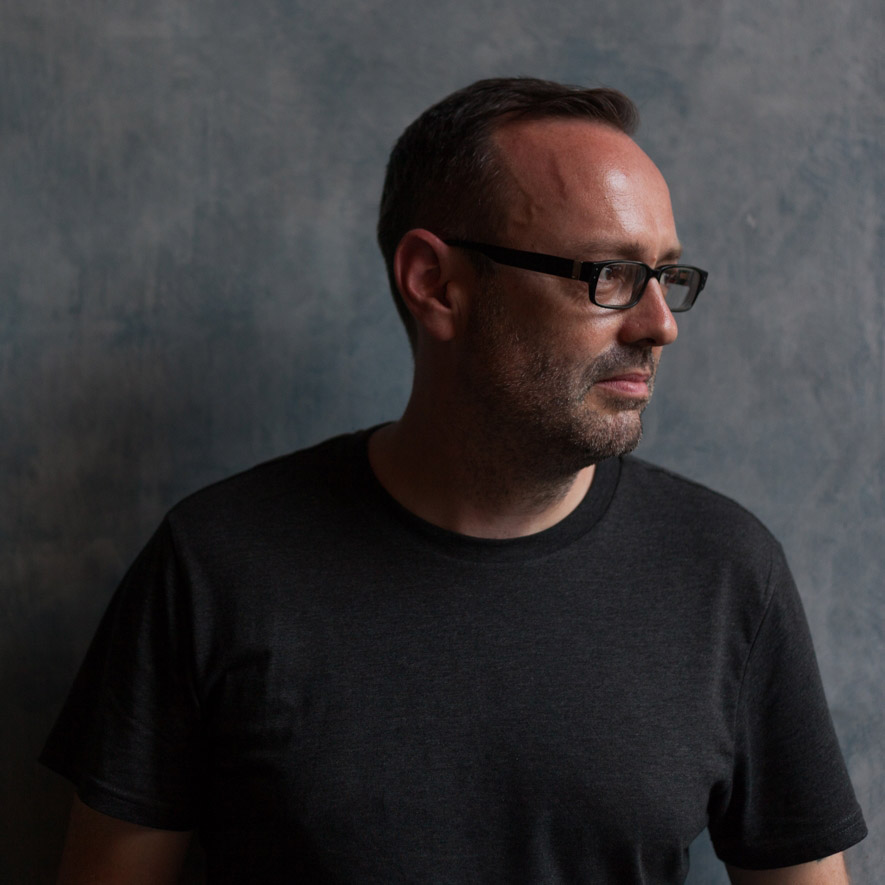
But then, struggling with depression, I explored the only thing I hadn’t yet tried. There was nothing to lose, so I started looking inwards, and trying to fix the issues within myself. And that’s when my world began to change. By fixing my internal paradigm the world around me began to reflect those positive changes back to me.
I didn’t realise it at the time, but I had stumbled across a mixture of mindfulness, Buddhism, stoicism, taoism… all the isms… and the effects were quite profound. Life very quickly started getting better.
What would you say to people who are struggling to do all the things they want to in their day and week?
Most of the time we’re fire-fighting. Flapping around, getting stressed out because we don’t have any clean clothes to wear, running late because we overslept, rushing to the supermarket because we don’t have anything for dinner. All our time is consumed dealing with emergencies like these – which stress us out and dominate our lives – but which could be avoided if we just took back some control over our days.
We find ourselves angry and worked up because we’re stuck behind a slow person in traffic, and we get to work ten minutes late, sweating from the stress, in clothes that haven’t been washed in a week because, well, we never have time. The boss isn’t impressed and now we’re anxious about our job security.
But if we start to plan ahead, we can take steps today that will make tomorrow so much better. Simply things like preparing a menu for the week, setting out our clothes the night before, doing the laundry, leaving the house five minutes earlier – actions that take no effort – but which will help us glide through tomorrow like a boss.
Do these things, and suddenly you find you’re calmer, more organised, and because you’re not fire-fighting any more, you have a bit of time to spare. And this is where you suddenly start to take your life back. Because now you’re aware of the power of doing things today that you’ll thank yourself for tomorrow, you can engage in other activities that have longer term benefits.
This might be a new hobby – like learning a musical instrument, or a new fitness regime, or taking an evening class – or it could be something dramatic like starting a side business. Because you feel more in control of your life, because you have more control over your time, you become empowered to actually start living rather than simply existing.
What are the five transformations that will transform your journey? Why are they important?
My journey was someone who blamed the world for their problems to becoming someone who took ownership of their life.
The first was a transformation of perspective. I was so focused on everything that was going wrong in my life – all the failures, all the weakness, all the inadequacies – that they were all I saw. I felt like I was permanently surrounded by dark storm clouds, and couldn’t see the positive and beautiful things in my life that we right under my nose. I was blind to my strengths, and just how rich and wonderful my existence already was because I was so focused on trying to fix everything that was going wrong. But when I began to change my perspective, my world began to change too.
The second transformation was a transformation of thought. I was constantly wracked with anxiety, constantly doubting myself, the voices in my head telling me I was wrong, a failure, that I would amount to nothing, that I was powerless and worthless.
But then someone told me thoughts aren’t facts, and that I shouldn’t believe everything that popped into my head. I decided then that I would step aside from my thoughts, that I would only give energy to those thoughts that served me. And in that moment I took my power back from the negative voices in my head, and at the same time discovered the basics of meditation.
The third transformation was that of emotional reaction. We go through our days constantly reacting to external triggers, and each time we do we are handing over control of our inner states to these external forces. When someone says something that makes us angry we give away our power to that person – they are able to control us.
This is the same whenever we react reflexively. When we feel our buttons being pushed in traffic, by loved ones, by what we read in the news, by the lies that politicians tell us – each time we are allowing ourselves to be manipulated by others.
But when we realise that our emotions come from within us, that they are not caused by others but us alone, and that our buttons belong to us and its up to us who gets to push them, then we no longer need to react, and we hold on to our power. How much more powerful is it not to be triggered by the office bully or the person who is trying desperately to get a reaction out of us? How much more powerful is it to step back and carefully choose our response to a situation, rather than reacting in a knee-jerk, uncontrolled way that we might regret later.
The fourth transformation is a transformation of action. When we are no longer controlled by unguarded negative thinking, when we choose how we see the world by directing our perspective and when we are no-longer at the mercy of external forces or people, then the actions we take become completely of our own choosing. We can act with intent to take control of our lives – and this leads on to a fifth transformation.
The fifth transformation is a transformation of results. When we take back our power and use it to our benefit by going through the previous transformations, our experience of world improves. And when I say this, I’m not just talking about our view of the world, but our actual real-world circumstances.
When we no longer think of ourselves as a victim of constant bad luck. When we stop acting like the kind of person that bad things happen to, bad things stop happening to us. When we start acting like someone who is in control of our life, like someone who has a lot opportunities, and someone who enjoys consistent good fortune. We start seeing opportunities that were there all along but which we failed to notice before, and we start to enjoy the good fortune that our positive, confident, decisive actions bring us.
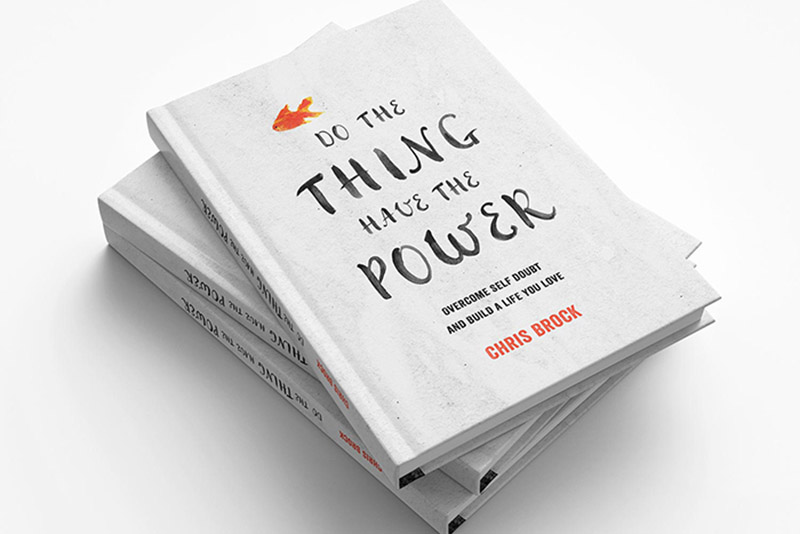
You talk about removing the attachment to forces that prevent us from developing self reliance, self esteem, self confidence and faith in ourselves. What do you mean by that? And how do we do that?
Attachment is the biggest problem we have to becoming the people we want to be, and living the lives we want to live. We are so attached to an idea of who we are, or what we’re supposed to be – in other words, our ego – that we are unable to be anything else. We think “good things don’t happen to people like me” or “I could try but I’ll only fail”. We get so attached to our fear and our failure and our suffering that it becomes a part of our identity, and like a comfort blanket it gives us something to hide behind, like a mask. Ultimately rather than taking a risk and stepping into the unknown – despite there being the possibility of huge rewards – we stick with the suffering and misery that we are familiar with, because it is something we are attached to and it’s safe and comfortable.
Similarly we become attached to our pride and fear. We worry what people think, and this prevents us doing things that could be liberating. And we find ourselves making excuses – “I would go to the gym, but I have bad knees” or “I would start my own company but I don’t have the time”. What you’re really saying is that, despite being unhappy with your current situation, you’re so attached to it you’d rather stick with what you know than risk trying something new.
But think about this: When was the last time you hugged a tree, or danced spontaneously in the street, or even just stretched out your arms beside you, threw your head back and wiggled your fingers? You probably can’t remember, and you’d rather not do that because you’re worried what people would think. But how liberating would it feel to know that nothing bad will happen if you were to do that? How amazing would it feel to sing a song in the middle of the street knowing that it won’t hurt you in any way? How empowered would it feel to actually start that project, launch that business, or begin realising that dream knowing that – even if you fail – you can still get up in the morning and start again. Unharmed.
More than anything else we need to let go of the things that cause us pain and hold us back. When you feel angry or hurt, seek out the thing that you’re holding on to and let it go. When you feel reluctant to do the thing you really wish you could do, let go of the excuses, let go of all the reasons and inhibitions and worries in your head, and just do it.
Why is it important to forgive the past?
Because the past is been and done. It has brought us this far, but it can take us no further. Only by taking action, now, in this present moment can we build our future, and by living in the past, hanging on and punishing ourselves for all the things we did wrong or which were done to us, we remain trapped there forever. Paralysed, unable to move forward and free ourselves. In this way the past owns our life, it becomes an inescapable cage and unless we take that power back we will always be its subject.
The past has served us well. It got us here. Time to thank it, let it go, and get on with the important business of living our lives. Tomorrow belongs to us, so lets own it.
How do you release your capacity to do momentous things?
Living an extraordinary life takes very little effort. All you have to be is ordinary – and then a little bit extra. Chances are that most people are already doing momentous things but don’t even realise it. All it takes are small actions which, when done repeatedly, build up to something much bigger.
We always seem to look at people who have achieved great things and think “someone like me could never do that”, and as long as we have that attitude we really will never achieve anything. But if you were to write two hundred words a day, in a year you’d have a book. If you were to run to the end of the road today, and then a little bit further tomorrow, in a year you’d be running a marathon. If you were to start an online course, in six months you’d have a new qualification, and maybe a new life.
The only thing that’s stopping us doing amazing things is the belief that we can’t. But until we try, we’ll never know for sure. So why not find out? The time will pass anyway, so why not use it to your benefit?
What do you mean by “own your existence and future”?
So many of us live our lives by the rules that have already been laid out for us. Our teachers, friends and the media tell us what to think. The established route through life is already set out ahead of us. All these amazing decisions have already been made for us, and if we give up our power as many of us do, we end up living the life that has already been predestined. But it’s not our life.
So often we think that because our parents had issues we will turn out the same. How often do we see the children of alcoholics become alcoholics themselves? How often do we see children from abusive households end up in abusive relationships too?
But it doesn’t have to be this way. Every morning the sun rises and we get the chance to be reborn into a new life – all we need to do is make the decision that this is what’s going to happen. As long as we understand that we have the power to make these decisions, then we can do whatever we like. It might be applying for a new job, it might be taking a different route to work today, it might be to confront the bully in our life, to drop a coin into the hand of a homeless person, or it might be to take half an hour at lunchtime to feed the ducks by the pond and find room to breathe.
It might be deciding not to have a drink today.
Our life is up to us. We are responsible for it and we have no-one to blame but ourselves for the way we live it. So let’s live it well and start taking action today that will change our tomorrows – and the tomorrows of those around us – for the better.
You write that the paradox of letting go of your dreams is vital to achieving them. Can you explain?
There is a saying – “what you focus on expands” – and I kind of touched on this when I talked about the four transformations. It means that if you are giving something your full attention, it fills up more of your life. Some people call this the “Honda Civic Effect”. If you focus your attention on Honda Civics, you’ll start seeing them everywhere. But it’s not that there are actually more of them, you’re just tuned into them.
We do this in so many ways, yet we don’t even know we’re doing it half the time. When we’re feeling depressed and feel that everything is going wrong with our lives, we see less of the things that are going right. Psychologists call this rumination. But the opposite is also true. We can use it to tune into opportunities, or even adjust our perspective to see more beauty in the world.
When we ‘want’ something, what we’re really doing is tuning into lack. We are saying “I don’t have this thing in my life and that causes me dissatisfaction.” It can be anything – if we are single, by focusing on it too much we end up lonely and sad. This, in turn, makes us less attractive to potential partners.
When we are broke, we tend to focus on the lack of money in our lives, and as a result we end of behaving like someone who is perpetually broke, rather than developing an abundance mindset and behaviours that could improve our situation. We waste our money on things that bring us instant gratification rather than saving that money to try and dig ourselves out of our debt.
It’s the same with anything. Rather than focusing on ‘wanting’ – and therefore becoming and behaving as someone who doesn’t have that thing, when we focus on being the kind of person who does have that thing, it is more likely to come to us. When we focus on becoming someone who is good with their money, we start to become good with money. When we start to focus on being the kind of person who has a lot of opportunities, we end up finding more opportunities. When we focus on being the kind of person who is comfortable being in their own company, we attract people who also want to be in our own company.
Letting go of what we want, but behaving is if we are the kind of person who has it, ironically makes it more likely to happen.
What it the one daily ritual that brought about the most change for you?
Without a doubt it’s my daily practice of gratitude. Every day I write a page in my notebook of three things that I’m grateful for. They could be things that have gone my way, or things that were pleasing to me, or that made me happy.
It’s my way of tuning in to the positive things around me.
Even on the darkest, rainiest day there’s always something to be grateful for. Sometimes it’s something as basic as having a roof over your head or a hot meal to eat, other days it could be that you’ve had a great meeting with your boss or you finally bought your dream house.
And by practicing it daily – I’ve been writing down three things for about three years now – you start to see more things to be grateful for. And like I mentioned before, suddenly you find yourself in a world of joy and beauty, and whichever way you turn that’s something wonderful waiting for you.
Life really is beautiful if you know how to look at it.
To find out more about Chris Brock’s book “Do The Thing Have The Power” you can go here.
Don’t forget the read my powerful 3 part series of “Change Your Story to Change Your Life.” Read How To Hear Your Intuition And Act On It. which is my story about trusting myself and how to improve your intuition.
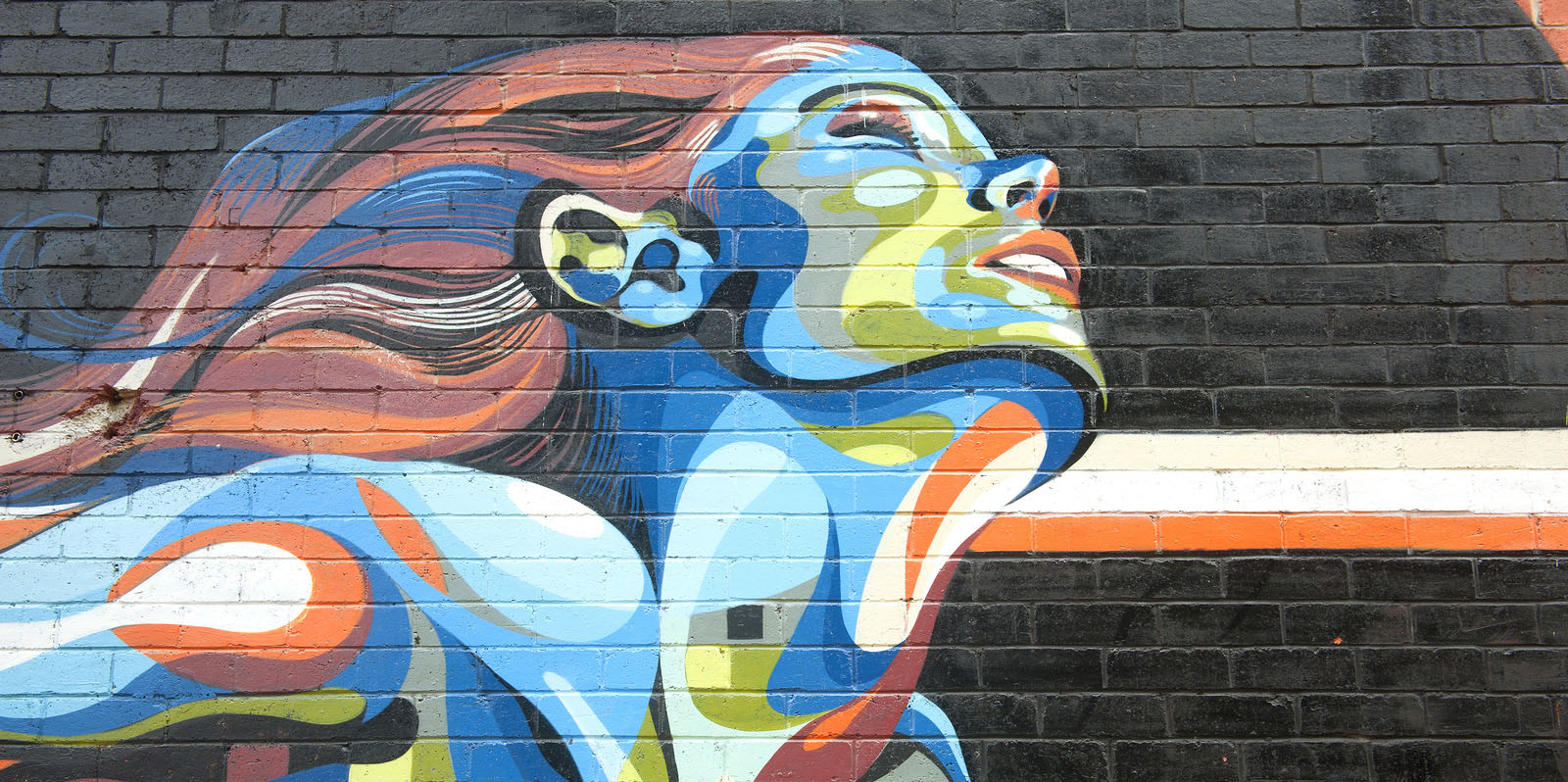
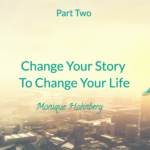

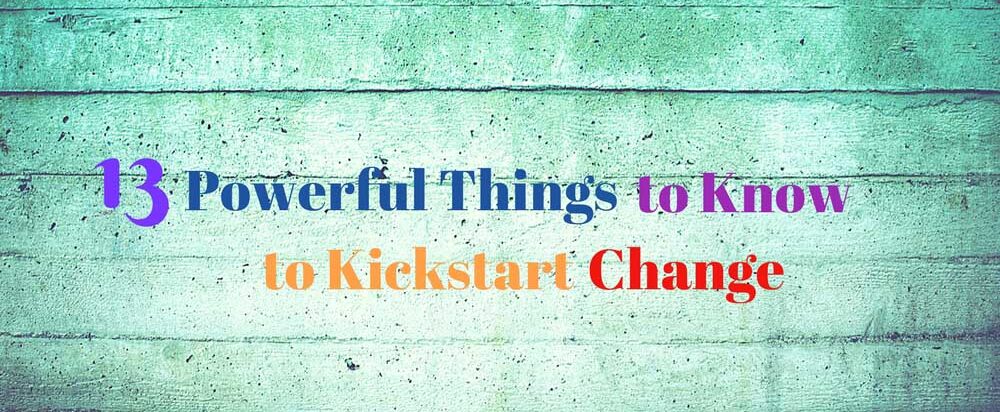
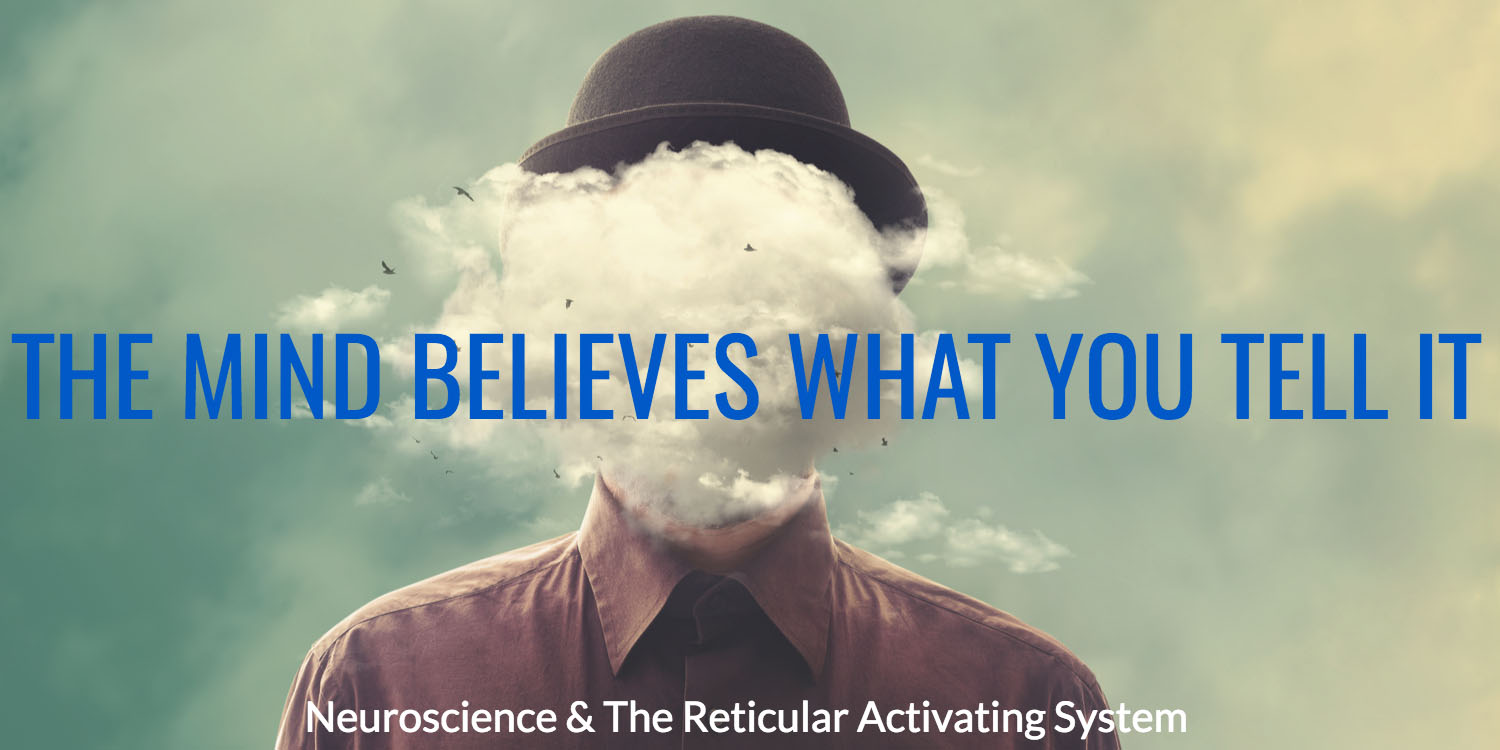
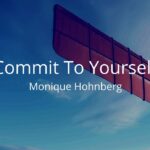


Leave a Reply